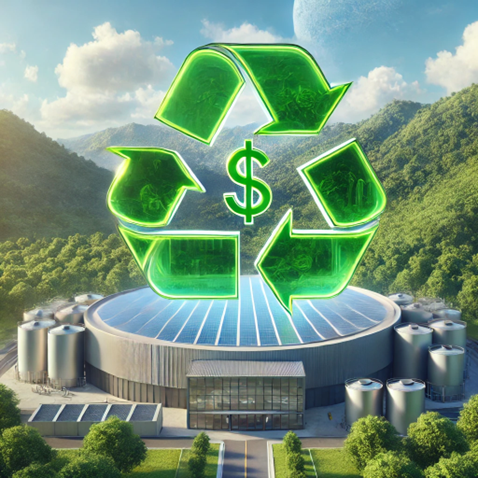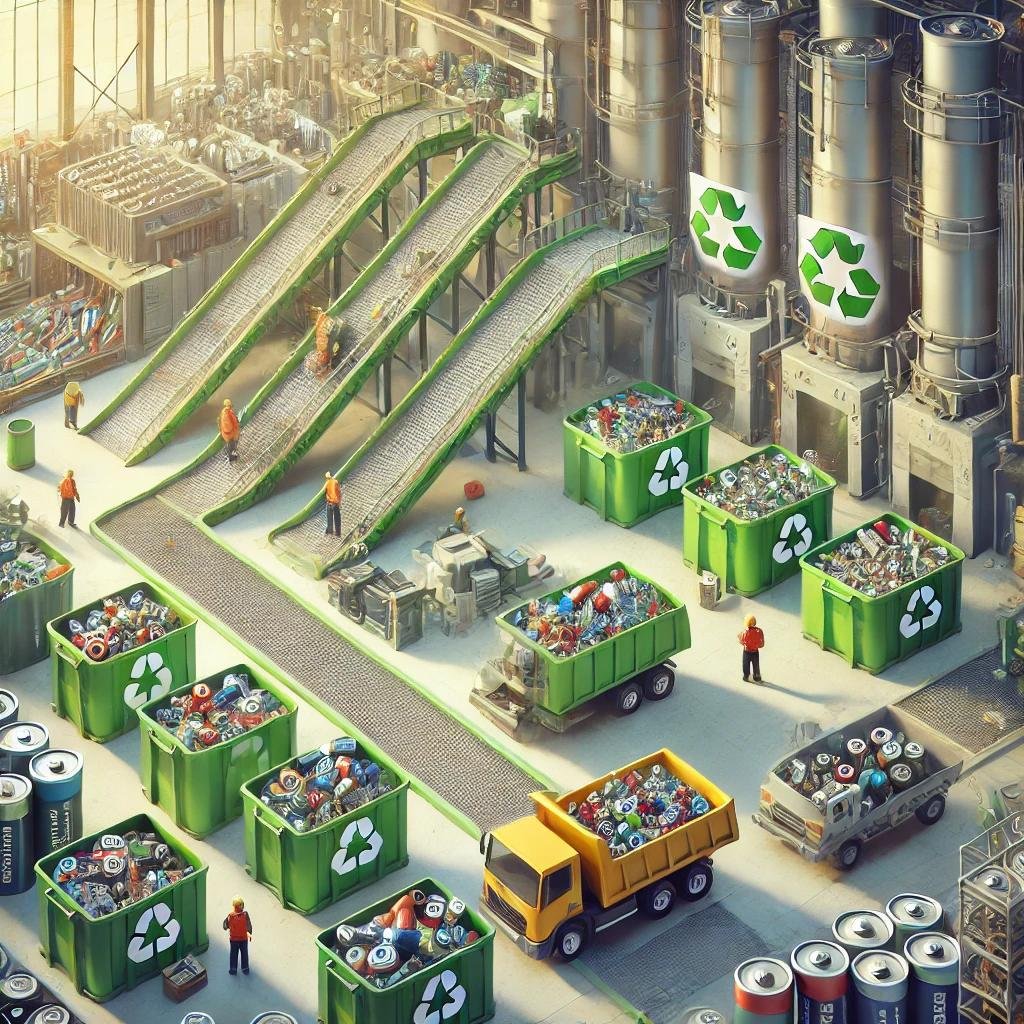Our Process
We ensure the responsible and cost effective recycling of both meter endpoints and their internal batteries, helping to recover valuable resources while reducing hazardous waste and environmental impact.
-
Bulk Recycling vs. Limited Quantities:
For bulk projects involving over 2,000 meters and endpoints, we work directly with clients to schedule bulk pickups. For smaller quantities, we offer flexible collection options. This differentiation allows us to efficiently handle various recycling needs.Collection of Meters and Endpoints:
We specialize in the collection of water, gas, and electric metering endpoints, which contain embedded Lithium-ion batteries. Due to the design of these endpoints—for example a Badger Orion AMR and AMI units—the batteries are fully epoxied to prevent water intrusion. It is expensive and time consuming to remove the batteries yourself, so we handle the safe extraction and recycling of both the endpoints and their internal electronic waste.Transportation of Intact Endpoints:
Once collected, the endpoints remain intact during transport for safety purposes. Special care is taken to prevent short-circuiting during transit. -
Sorting: Upon arrival at the recycling facility, the batteries are sorted based on their chemistry, size, and condition. This is crucial because different types of batteries (e.g., Lithium-ion, Lithium-polymer) require different recycling methods.
Discharging: For safety, batteries are often fully discharged to minimize the risk of explosions or fires during the recycling process. This step is done under controlled conditions.
-
Dismantling
Endpoint and Battery Dismantling:
Our process involves dismantling the entire endpoint unit. We manually disassemble the endpoints to separate valuable materials like plastics, e-waste, and internal wiring. Batteries are extracted at this stage and prepared for specialized recycling.Mechanical Processing:
Mechanical shredding is used to break down the components into smaller, manageable pieces for more efficient sorting and recovery of materials such as metals and plastics. -
Physical Separation:
After dismantling, we employ techniques like magnetic and gravity separation to sort materials into distinct fractions (e.g., metals, plastics). This ensures each material type is processed for recovery or reuse.Advanced Recovery Techniques (Pyrometallurgy & Hydrometallurgy):
For certain materials, like cobalt, nickel, and lithium, advanced techniques such as thermal or chemical treatments may be used to extract these metals. These processes maximize the recovery of valuable resources. -
Handling Non-Recoverable Materials:
Any materials that cannot be recycled are responsibly treated and disposed of according to environmental regulations. We ensure that no hazardous waste contaminates the environment.Zero Landfill Commitment:
We adhere to a strict zero-landfill policy, ensuring that all by-products are either recycled or safely disposed of. Our process minimizes environmental impact and contributes to sustainable waste management. -
Zero Landfill Certification:
Upon completion of the recycling process, clients receive a Zero Landfill Certification. This verifies that all materials were responsibly recycled and that no waste was sent to landfills, providing assurance of environmentally responsible disposal.


